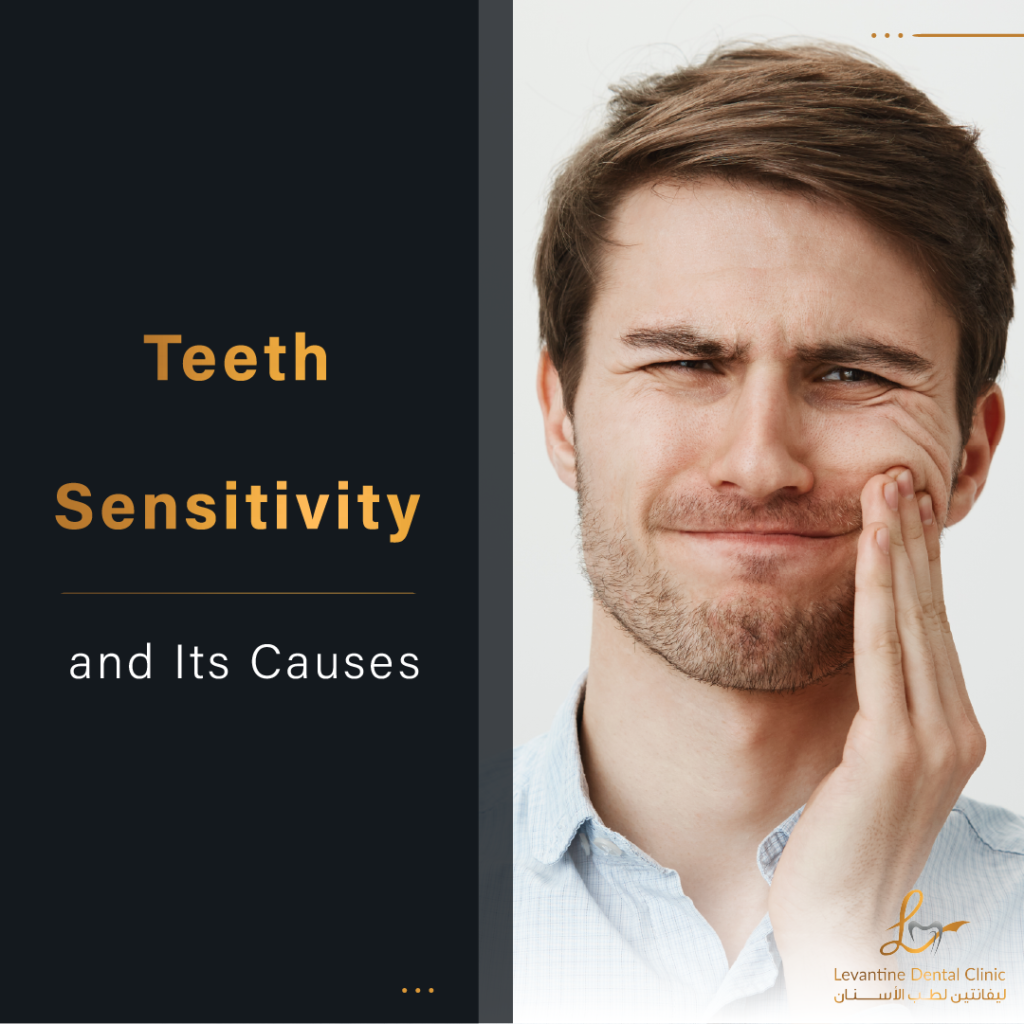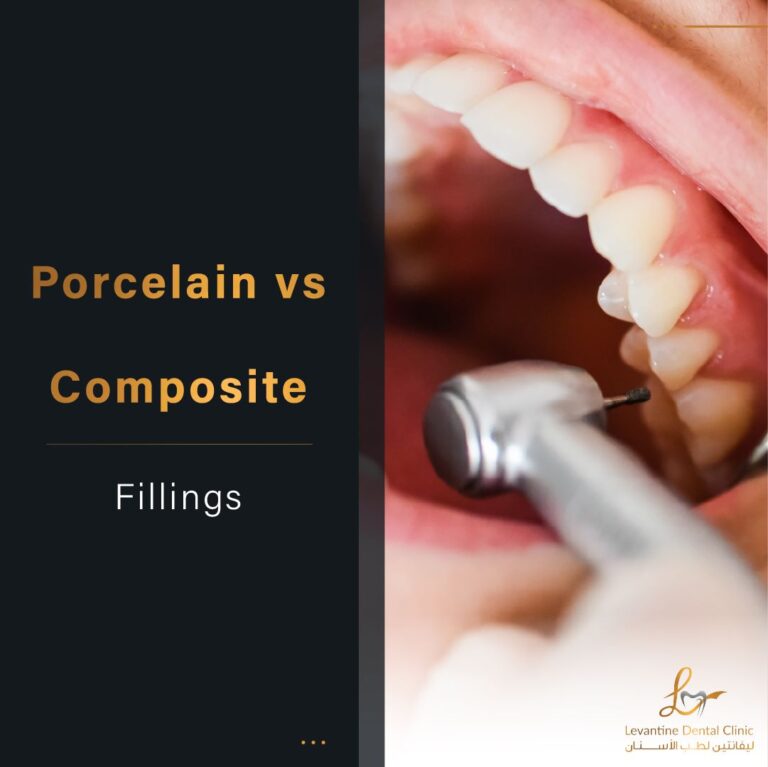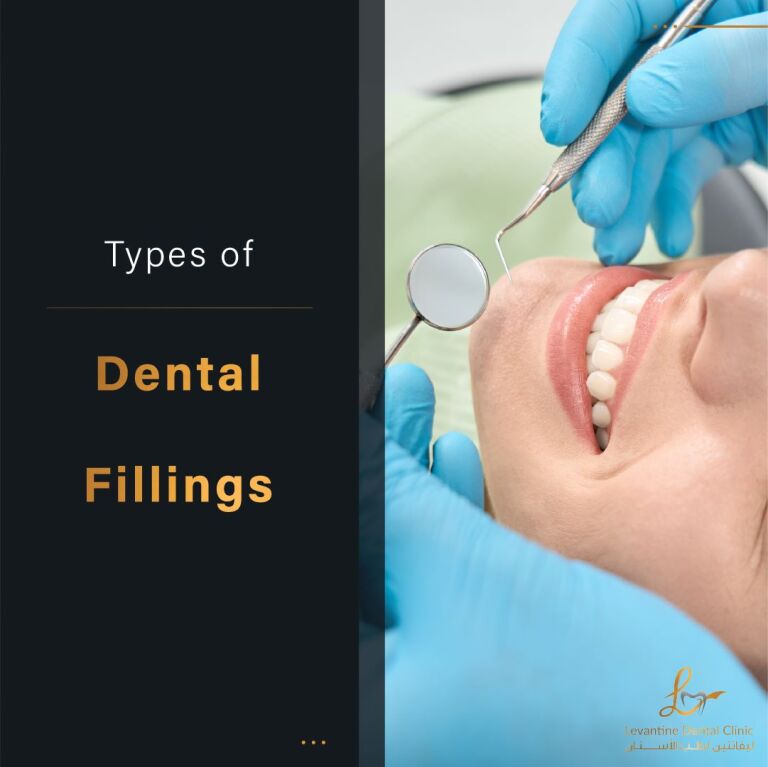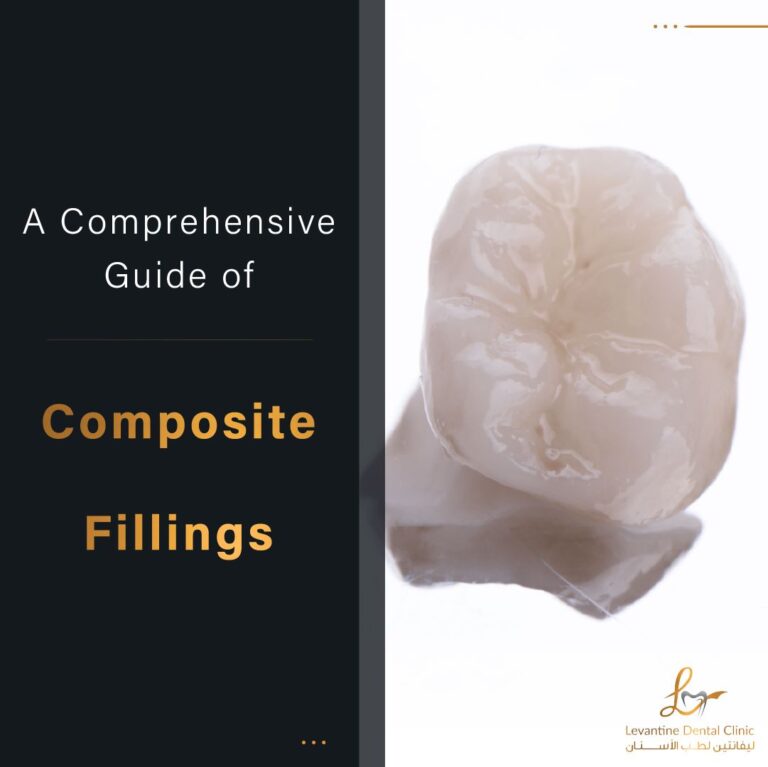Introduction
Welcome to our comprehensive guide on understanding tooth sensitivity and its causes. In this article, we will explore the various aspects of tooth sensitivity, including its definition, causes, symptoms, prevention, and treatment options. Whether you are experiencing tooth sensitivity yourself or seeking knowledge on behalf of a loved one, this guide will provide you with valuable insights to better understand and address this common dental issue.
What is Tooth Sensitivity?
Tooth sensitivity, also known as dentin hypersensitivity, is a condition where individuals experience discomfort or pain in their teeth when exposed to certain stimuli. These stimuli can include hot or cold temperatures, sweet or acidic foods, cold air, or even brushing and flossing. The sensation can range from mild discomfort to intense pain, depending on the individual and the underlying causes.
Understanding the Causes of Tooth Sensitivity
Tooth sensitivity can be attributed to several factors, each having its own impact on the sensitivity experienced by individuals. By understanding the root causes, we can take proactive steps to address the issue effectively. Let’s delve into the primary causes of tooth sensitivity:
1. Worn Tooth Enamel
The enamel, the protective outer layer of the tooth, can wear down over time due to factors such as aggressive brushing, tooth grinding (bruxism), or acidic foods and beverages. When the enamel becomes thin or erodes, it exposes the underlying dentin, which contains microscopic tubules that lead to the tooth’s nerve center. The exposure of these tubules to external stimuli can trigger sensitivity.
2. Gum Recession
Gum recession refers to the gradual exposure of the tooth’s roots due to the gums pulling away from the tooth structure. Gum recession can result from factors such as gum disease, aggressive brushing, poor oral hygiene, or aging. As the roots become exposed, they lack the protective enamel layer, making them susceptible to sensitivity.
3. Tooth Decay and Cavities
Tooth decay and cavities can also contribute to tooth sensitivity. When a tooth develops decay or a cavity, the protective layer of enamel and dentin gets compromised. The exposed dentin can lead to sensitivity, particularly when exposed to external stimuli.
4. Cracked or Chipped Teeth
Cracked or chipped teeth can expose the underlying dentin, leading to sensitivity. These cracks or chips can occur due to trauma, teeth grinding, or biting down on hard objects. Seeking prompt dental treatment for cracked or chipped teeth can help prevent sensitivity and further damage.
5. Dental Procedures
Certain dental procedures, such as teeth whitening or dental restorations, can cause temporary tooth sensitivity. This sensitivity is typically short-lived and resolves on its own. However, it is essential to communicate any sensitivity to your dentist to ensure proper care and management.
read more about Teeth Sensitivity after Teeth Whitening
Symptoms of Tooth Sensitivity
Tooth sensitivity can manifest in various ways, and recognizing the symptoms can help individuals seek appropriate dental care. The common symptoms of tooth sensitivity include:
- Sharp, sudden pain or discomfort when consuming hot, cold, sweet, or acidic foods and beverages.
- Discomfort or pain while brushing or flossing the teeth.
- Sensitivity to cold air or changes in temperature.
- Pain or discomfort when biting down on certain foods.
If you experience any of these symptoms, it is recommended to consult with a dental professional for a proper evaluation and diagnosis.
Preventing and Managing Tooth Sensitivity
Fortunately, there are several preventive measures and treatment options available to manage tooth sensitivity effectively. By adopting these practices, individuals can alleviate discomfort and protect their oral health. Let’s explore some strategies for preventing and managing tooth sensitivity:
1. Practice Good Oral Hygiene
Maintaining a consistent oral hygiene routine is crucial in preventing tooth sensitivity. Brushing your teeth twice a day using a soft-bristled toothbrush and fluoride toothpaste helps remove plaque and protect the enamel. Additionally, flossing daily cleans between the teeth and along the gum line, preventing gum disease and recession.
2. Use a Desensitizing Toothpaste
Desensitizing toothpaste can be a helpful tool in managing tooth sensitivity. These toothpaste formulations contain compounds that block the tubules in the exposed dentin, reducing sensitivity over time. Regular use of desensitizing toothpaste can provide relief and protect against further sensitivity.
3. Avoid Acidic Foods and Beverages
Limiting the consumption of acidic foods and beverages can help prevent enamel erosion and subsequent tooth sensitivity. Examples of acidic foods and drinks include citrus fruits, sodas, energy drinks, and certain types of vinegar. When consuming acidic items, using a straw can minimize contact with the teeth.
4. Practice Gentle Brushing Techniques
Using a soft-bristled toothbrush and gentle brushing techniques can prevent enamel erosion and gum recession. Brushing too hard or using a toothbrush with hard bristles can damage the enamel and aggravate sensitivity. It is recommended to brush using small circular motions and applying gentle pressure.
5. Consider Fluoride Treatment
Fluoride treatments can strengthen the enamel and reduce tooth sensitivity. Your dentist may recommend fluoride varnishes, gels, or mouth rinses to provide added protection to your teeth. These treatments can be performed during regular dental check-ups.
6. Wear a Mouthguard for Teeth Grinding
If you grind your teeth, particularly during sleep, wearing a custom-made mouthguard can help protect your teeth and minimize sensitivity. The mouthguard acts as a barrier between your upper and lower teeth, preventing enamel wear and reducing the impact on the dentin.
Frequently Asked Questions (FAQs)
- Q: What should I do if I have tooth sensitivity?
- A: If you have tooth sensitivity, it is recommended to schedule a dental appointment for a thorough examination. Your dentist can determine the underlying cause and recommend appropriate treatment options.
- Q: Can tooth sensitivity be cured completely?
- A: The treatment and management of tooth sensitivity depend on the underlying cause. In most cases, tooth sensitivity can be effectively managed and minimized, providing relief to individuals. However, complete cure may vary based on the specific situation.
- Q: Are there any home remedies for tooth sensitivity?
- A: While home remedies may provide temporary relief, it is essential to address the underlying cause of tooth sensitivity. Consult with your dentist for proper diagnosis and treatment. Home remedies may include using desensitizing toothpaste, avoiding triggers, and practicing good oral hygiene.
- Q: Can tooth sensitivity affect anyone?
- A: Tooth sensitivity can affect anyone, regardless of age or oral health. However, certain factors such as poor oral hygiene, gum disease, aggressive brushing, or tooth grinding can increase the risk of developing tooth sensitivity.
- Q: Can professional dental treatments help with tooth sensitivity?
- A: Yes, professional dental treatments can be beneficial in managing tooth sensitivity. Your dentist may recommend treatments such as fluoride application, dental bonding, gum grafting, or root canal therapy, depending on the underlying cause and severity of your sensitivity.
- Q: How can I prevent tooth sensitivity in the future?
- A: Maintaining good oral hygiene practices, avoiding acidic foods and beverages, using a soft-bristled toothbrush, and seeking regular dental check-ups can help prevent tooth sensitivity. It is important to address any dental issues promptly to minimize the risk of sensitivity.
Conclusion
Understanding tooth sensitivity and its causes is key to effectively managing and preventing this common dental condition. By implementing preventive measures, practicing good oral hygiene, and seeking professional dental care when needed, individuals can alleviate sensitivity and maintain optimal oral health. If you experience tooth sensitivity or have any concerns, we recommend reaching out to a dental professional for a comprehensive evaluation and personalized advice.






